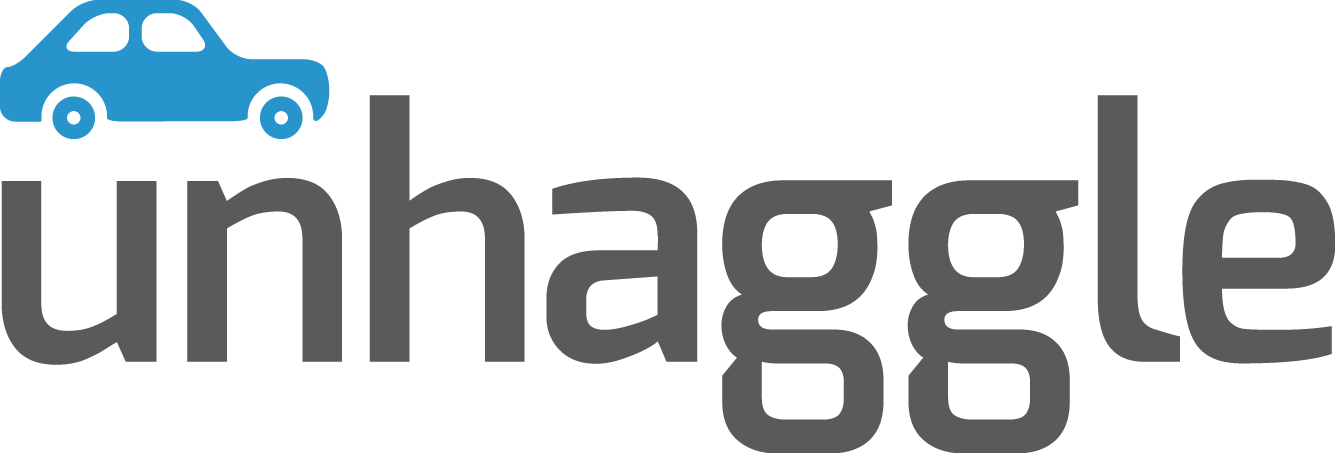
When my wife and I were looking for our very first brand-new car, we spent the better part of two weekends going from dealer to dealer. We asked questions, went for test drives, and sat patiently at the desks of many salespeople haggling over the price.
One of the options, to our surprise, came with a much higher price tag than the others. “Call your insurance company for a quote,” suggested the salesperson. “Our cars are much cheaper on insurance. Maybe it will cancel out the higher payment.”
That suggestion, to compare auto insurance quotes before making a decision, turned out to be great advice.
How does insurance affect the total cost of owning a car?
It’s easy to fall into the trap of thinking that your car payment is the only variable in the cost of a car. You have to buy insurance and gas no matter what, right?
While that’s partly true, there are many factors in the total cost of car ownership. In fact, your monthly payment isn’t even one of them! The cost of ownership is driven primarily by depreciation – the amount of value your car loses over the time you own it. Other contributing factors include the cost of financing (i.e. the interest portion of your payment), fuel, maintenance and insurance.
The latter three costs of owning a car are variable, depending on what vehicle you buy.
Does what car I drive really make that big of a difference for insurance?
Insurance companies make money by ensuring that, on average, their customers pay more in premiums than they get back in claims. To determine how likely you are to make a claim, car insurance providers will put you in a risk group based on many different factors.
A large portion of your risk group is determined by who you, the driver, are. This includes demographic information like your age and gender, where you live, how many years of driving experience you have, and whether you have a history of safe driving. A few quick examples – men are more likely to make claims than women, people who live in car-dominated suburbs are more likely to make a claim than people in rural areas, and new drivers are more likely to make a claim than experienced ones. Insurers examine all these scenarios and more when evaluating what price to offer.
Another small part of your risk group is determined by how you use the car. This includes whether you commute to work or school, if and how much you use the vehicle for work, where the vehicle will be parked, and how many kilometres you drive in a year. So people who drive 50km each way to work 5 days a week will pay more than those who only go out once a week for groceries.
And finally, another part of your risk group is determined by what car you drive. Accident and crash statistics clearly show that some cars are more likely to be involved in collisions than others. Some are more likely to need expensive repairs if damaged. Some are more likely to be involved in incidents that cause large amounts of property damage, and some are more likely to be stolen or vandalized.
In addition to all of these statistical considerations, your rates also account for the amount of coverage you require. If you lease or finance a new car, you’ll be required to carry collision and comprehensive insurance. If you buy an old car with cash, it’s up to you whether you want to buy insurance over and above the legal minimum. The more coverage you require or wish to add will increase the amount you pay to insure your vehicle.
How do I know whether the car I want is more or less expensive to insure?
For general research, there is a tool you can use to get a baseline idea of whether a particular car is going to be more or less expensive to insure.
The Insurance Bureau of Canada (IBC) publishes statistics it calls the Canadian Loss Experience Automobile Rating (CLEAR) system. The CLEAR system uses real claims data to indicate whether a particular vehicle, right down to the make, model, trim and year, will be more or less expensive to insure.
For example, the most recent data published shows the vehicle with the highest relative collision claims is the 2016 Tesla Model X. The lowest is a 2001 2-door Ford F-150. When it comes to comprehensive claims (covering losses like fire, theft and vandalism), the 2002 Toyota Echo has the lowest relative cost while the highest relative cost goes to the 2019 Lexus RX350 SUV.
A big part of the problem, however, is that there are so many variables to consider. In the section above, I listed 13 different factors that affect car insurance rates, not including the multitude of combinations of coverage you can purchase. To get a clear picture of exactly how much you will pay for car insurance given your unique combination of risk factors, for any car you might be considering, you can get a free, no-obligation auto insurance quote at Ratehub.ca to find your best price.
The bottom line
That salesperson who told me to get an insurance quote to see if it would make his car more affordable? It didn’t – not only would it have been the most expensive to purchase, but it also would have been the most expensive to insure.
When you’re looking for a new car, it pays to comparison shop – for the vehicle itself, as well as the insurance.
Ratehub.ca empowers Canadians to search smarter and save money by comparing mortgage rates, credit cards, high-interest savings accounts, chequing accounts, and insurance.






